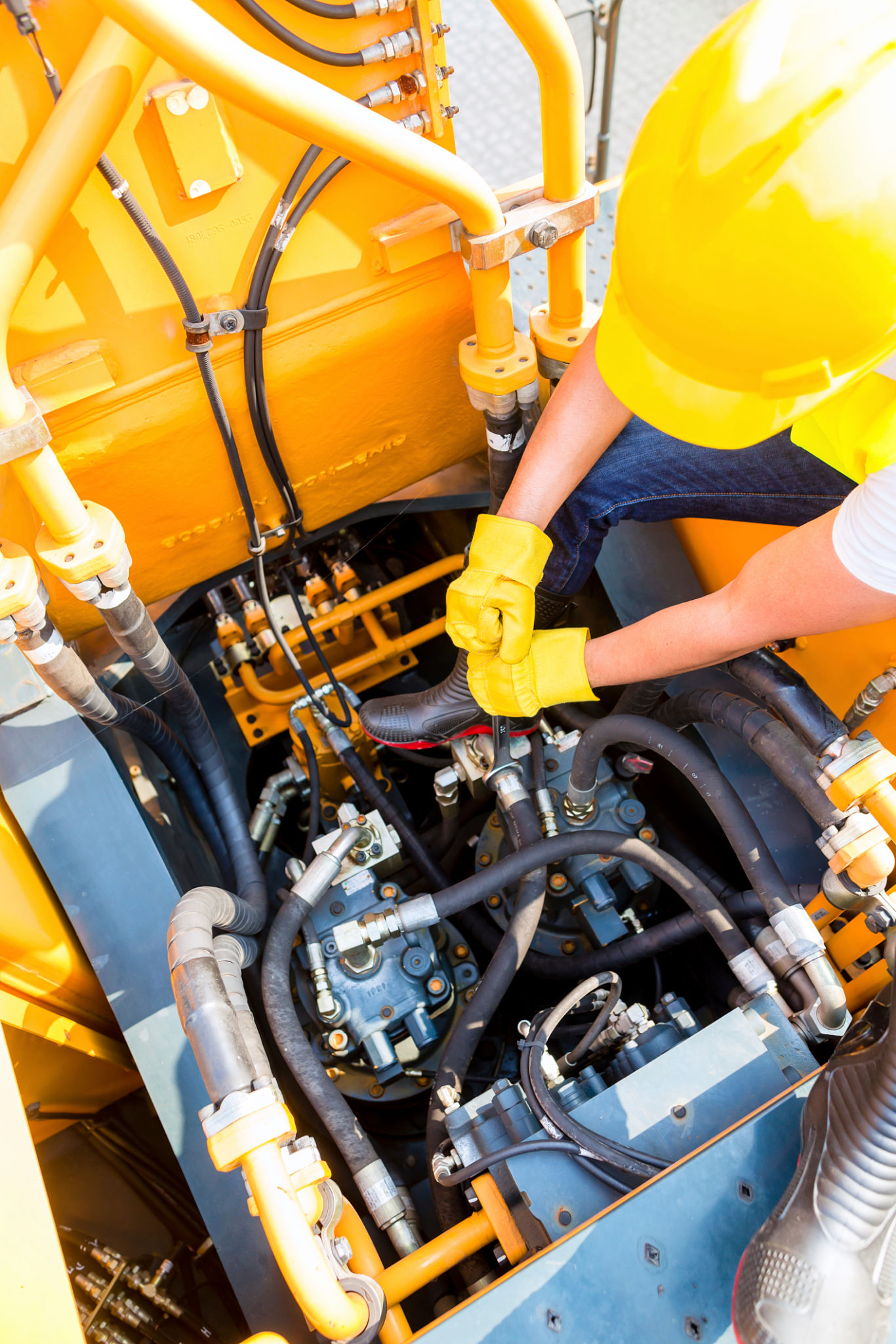DIY Maintenance Tips for Prolonging the Life of Your Heavy Equipment
The Importance of Regular Maintenance
Heavy equipment is a crucial asset in industries such as construction, agriculture, and mining. The longevity and efficiency of these machines are directly tied to how well they are maintained. Regular maintenance not only ensures the smooth operation of equipment but also prevents costly repairs and downtime. By implementing a consistent maintenance routine, you can significantly prolong the life of your heavy machinery.

Conducting Routine Inspections
One of the most effective ways to maintain your heavy equipment is through routine inspections. These inspections help identify potential issues before they become major problems. Key areas to focus on during inspections include:
- Fluid Levels: Check and top off oil, coolant, and hydraulic fluids regularly.
- Wear and Tear: Look for signs of wear on belts, hoses, and tires.
- Leaks: Identify and repair any leaks promptly to avoid further damage.
Keep It Clean
Dirt and debris can cause significant damage to heavy equipment if not addressed. A regular cleaning schedule helps prevent the build-up of grime that can lead to corrosion or mechanical failure. Use high-pressure washers to remove dirt from hard-to-reach areas and ensure that filters and vents are clear.

Lubrication
Proper lubrication is essential for reducing friction between moving parts, which prevents excessive wear. Follow the manufacturer’s guidelines for lubrication schedules and use the recommended lubricants. Applying the right amount of lubrication at the right intervals can greatly extend the life of your machinery components.
Implementing a Preventive Maintenance Plan
A preventive maintenance plan is a proactive approach to equipment care. It includes scheduled checks and services based on usage hours or calendar dates. This plan should cover:
- Regular Component Checks: Ensure all parts are functioning as intended.
- Scheduled Replacements: Replace parts that are known to have a limited lifespan before they fail.
- Detailed Record Keeping: Maintain logs of all maintenance activities for reference and accountability.

Training Operators
Proper training for equipment operators is critical in maintaining machinery. Trained operators are less likely to misuse equipment, which reduces the risk of damage. Ensure that all operators understand how to perform basic maintenance checks and recognize early signs of trouble.
By following these DIY maintenance tips, you can enhance the performance and extend the lifespan of your heavy equipment. Remember, consistent care and attention are key to maximizing your investment in these essential machines.